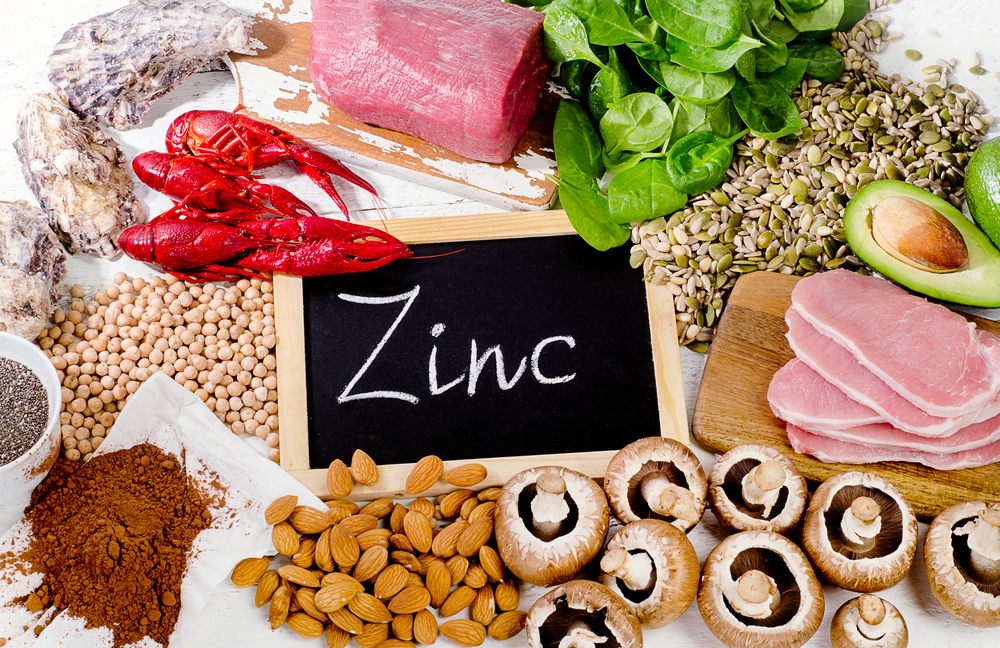
How often do you get that afternoon slump? You know, the one that happens around 3 or 4 pm, when you just want to close your eyes and have a nap! You’re not alone. Low energy levels in the afternoon are really common but can be very disruptive if you’ve got a busy life to lead.
Clinical Nutritionist Suzie Sawyer shares her five snack recommendations to keep you energised until dinner time.
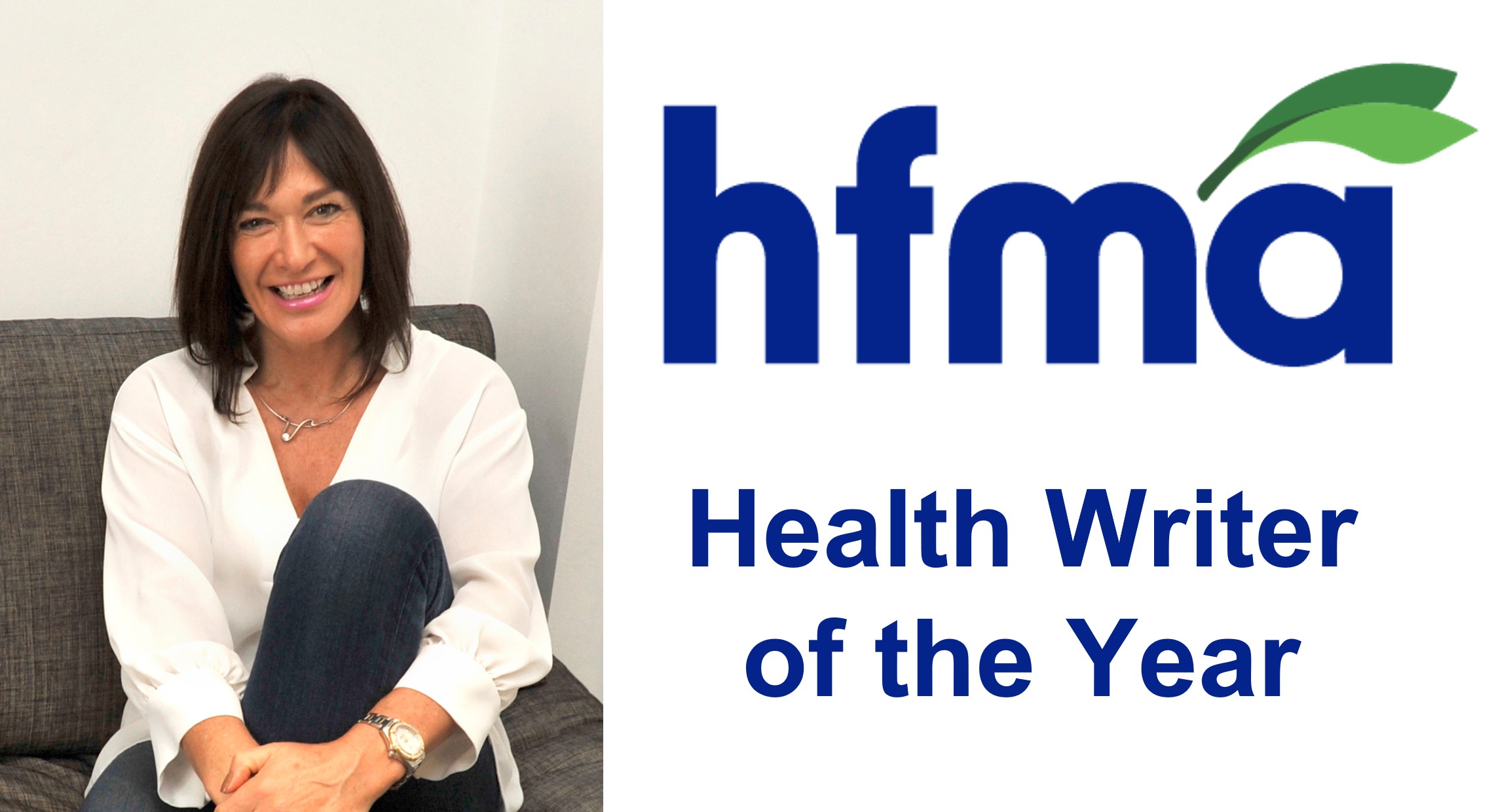
Here are some delicious and easy snacks to help beat that afternoon slump. Ultimately, it’s all about protein. It’s protein that helps to stabilise blood sugar which, in turn, keeps our energy levels sustained.
Nut butter on oat cakes
This one is very easy and can even be kept in your desk at work. Nuts are a great source of protein. However, whilst peanut butter is incredibly popular, peanuts are not actually nuts, but seeds. They do contain good levels of protein but if you can, try to use nut butters made from almonds, cashews or walnuts. Believe me, these nut butters are delicious!

Just spread them onto some oat cakes. Oats are high in fibre and also help to keep blood sugar levels balanced, so it’s a win-win situation.
Greek yoghurt
Natural Greek yoghurt will not only stave off the slump, but it will also help nourish the good bacteria in your gut. Greek yoghurt is especially rich in probiotics that naturally live within the gut and help to keep us well.

Importantly, though, Greek yoghurt is a great source of protein and is easy to transport. Or if you get caught without food, you can always run into the nearest supermarket and grab a small pot. When it comes to having a small snack during the afternoon, a couple of tablespoons of Greek yoghurt will certainly do the trick.
Avocado
Avocado wins on two counts– it’s both high in protein and good fats too. Fat is often maligned as the bad guy, but we need good fats to help us absorb the essential fat-soluble vitamins, as well as for the immune system. Additionally, fat will help to keep you feeling fuller for longer and blood sugar levels in balance.

Even better, avocado is rich in the powerful antioxidant vitamin E, also great for the immune system. Half an avocado is all you need: you can slice it and have on some oatcakes.
Vegan protein balls
There is of course a wealth of protein bars on the market. However, they are so easy to make at home and then you know exactly what’s in them. And they keep fresh for a while, in the fridge, so you’ll always have them to hand.

These protein bars are nut and oat-based, so are high in protein, but also contain some coconut oil which helps support energy levels. If you add some hemp protein powder too, you’ll really up the overall protein content. This recipe contains nut butter, cashews, agave syrup, coconut oil, ground almonds with chia seeds and dates all mixed together. They are quickly made into individual balls: just put into the fridge to set for a couple of hours. Simple!
Cottage cheese
Cottage cheese is a great protein stalwart. It’s also popular with dieters because it’s low in calories. From a protein perspective, cottage cheese contains 11 grams per 100 grams which makes it a great snack.

When it comes to avoiding the afternoon slump, always remember that what you eat for lunch should also contain plenty of protein. So, if you’re having some scrambled egg on toast, for example, you can easily add some cottage cheese, which not only brings flavour but more protein too.
The afternoon slump can certainly be avoided by adopting a few simple tips and always remembering that protein is go-to.
FOR MORE GREAT NUTRITION AND LIFESTYLE ADVICE:
Sign up to receive our blog and get a weekly dose of the latest nutrition, health and wellness advice direct to your inbox.
For everything you need to know about vitamins, minerals and herbs visit our sister site Vitamin Expert – your essential guide to nutrition and natural health.
Follow us on Instagram @feelaliveuk for nutrition, lifestyle and well-being tips.
Visit us at www.feelaliveuk.com for the latest offers and exclusive Alive! content.
Follow and Chat with Suzie on Twitter @nutritionsuzie
All images: Shutterstock
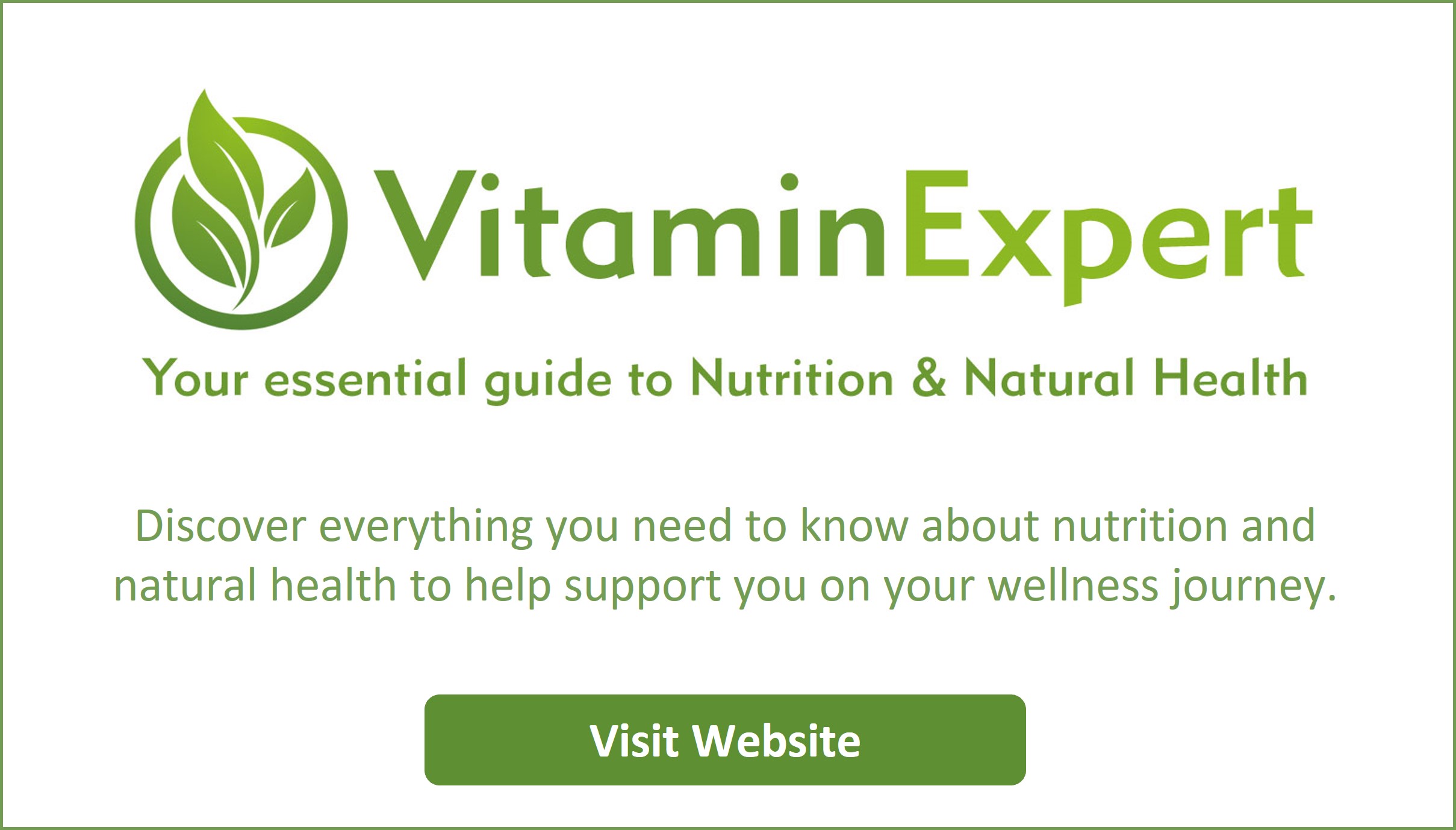



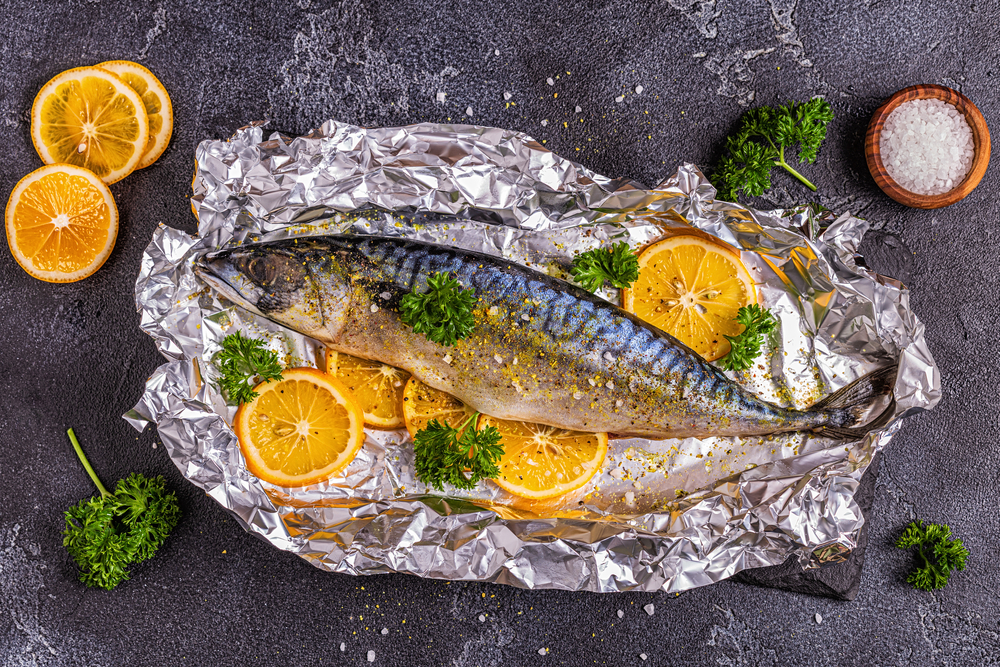









 Lentils provide an excellent source of protein with around 12 grams for every half cup cooked. The body needs all nine essential amino acids which are only found in sufficient quantities in animal produce. However, many vegan protein sources do contain most of them, maybe lower in some, and lentils certainly deliver in this respect.
Lentils provide an excellent source of protein with around 12 grams for every half cup cooked. The body needs all nine essential amino acids which are only found in sufficient quantities in animal produce. However, many vegan protein sources do contain most of them, maybe lower in some, and lentils certainly deliver in this respect.
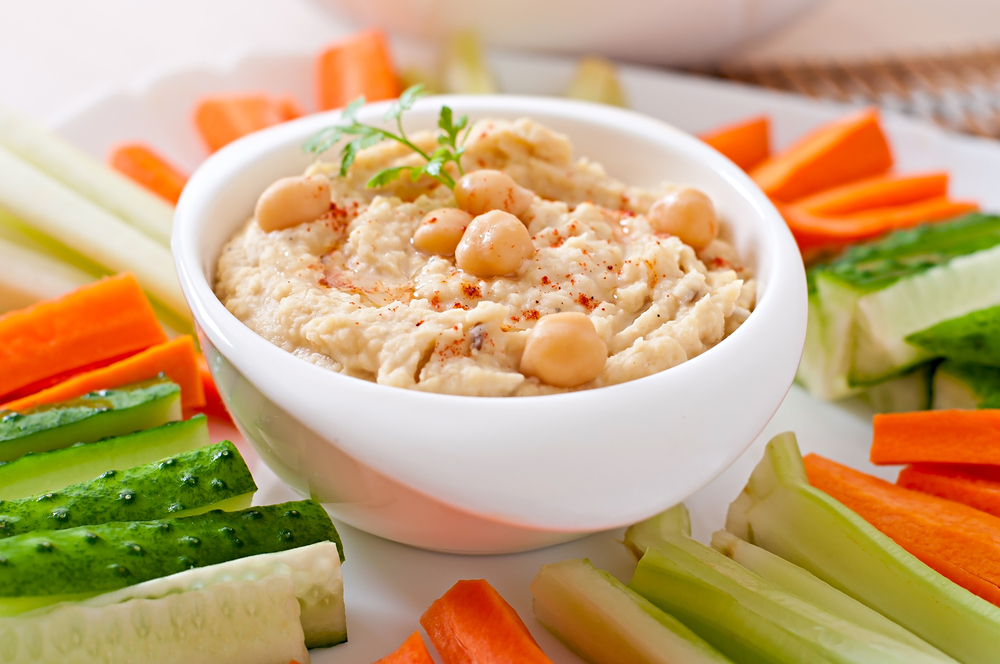 One of the other key ingredients are chickpeas which is the main protein source. Chickpeas are also a phytoestrogenic food which essentially means they help to balance hormones and are especially supportive for women going through menopause. Hummus is easy to make from scratch or there are some excellent organic products in the supermarket. Spread it everywhere you would have used mayonnaise!
One of the other key ingredients are chickpeas which is the main protein source. Chickpeas are also a phytoestrogenic food which essentially means they help to balance hormones and are especially supportive for women going through menopause. Hummus is easy to make from scratch or there are some excellent organic products in the supermarket. Spread it everywhere you would have used mayonnaise! A bean chilli is highly nutritious for so many reasons. The beans provide loads of protein: use a can of mixed beans and one of black beans for the best results. This dish is high in fibre, is rich in energising and hormone-balancing B-vitamins and contains garlic and onions which are both great for the immune system. Serve it with some whole grain brown rice and you’ve created a dish which contains all the essential amino acids too. What’s not to like?
A bean chilli is highly nutritious for so many reasons. The beans provide loads of protein: use a can of mixed beans and one of black beans for the best results. This dish is high in fibre, is rich in energising and hormone-balancing B-vitamins and contains garlic and onions which are both great for the immune system. Serve it with some whole grain brown rice and you’ve created a dish which contains all the essential amino acids too. What’s not to like?





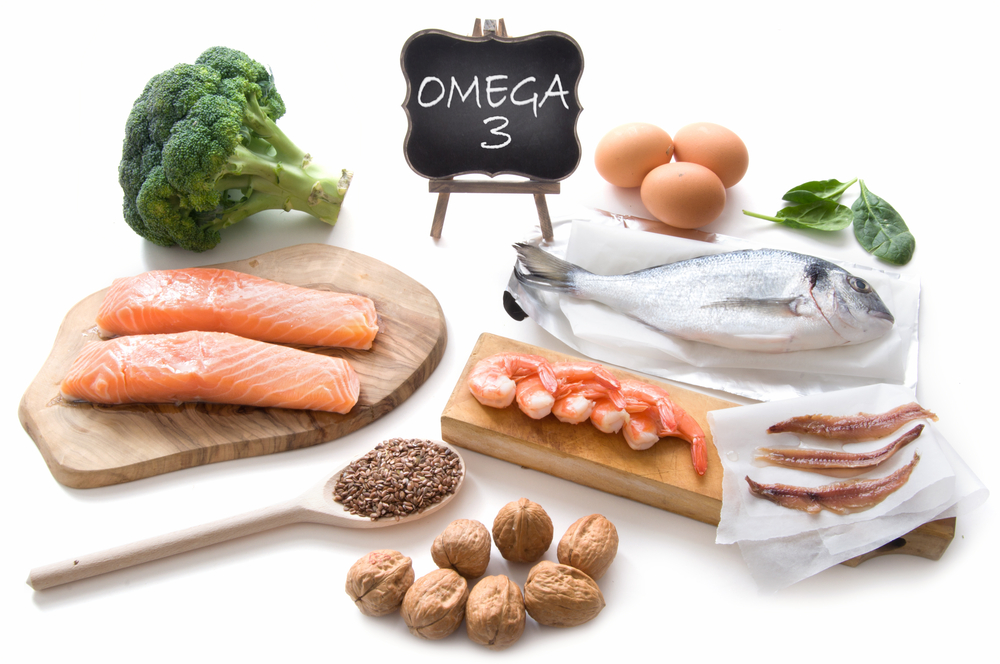

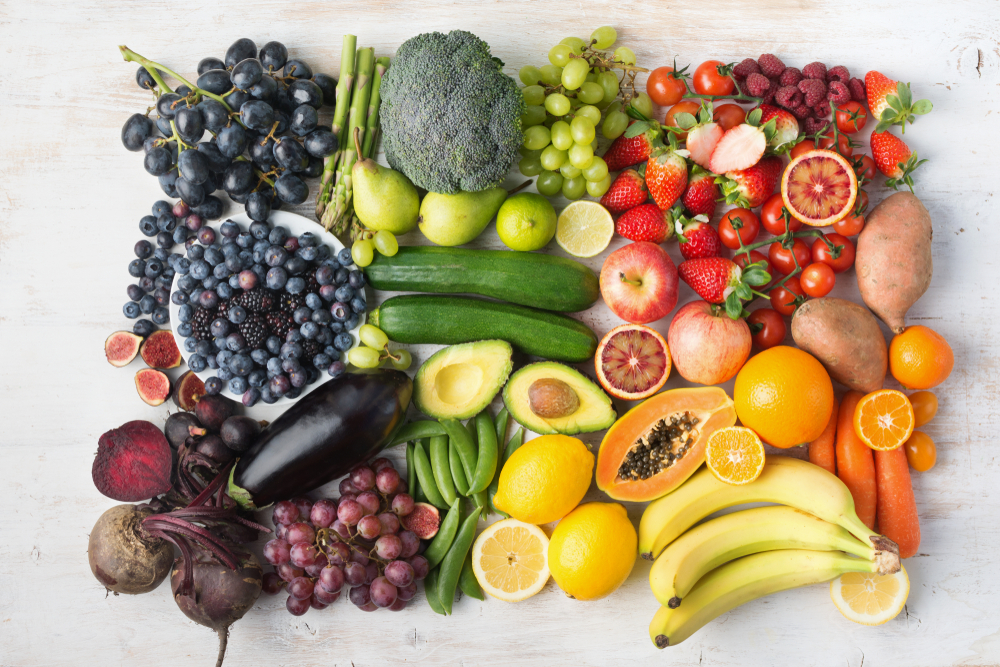













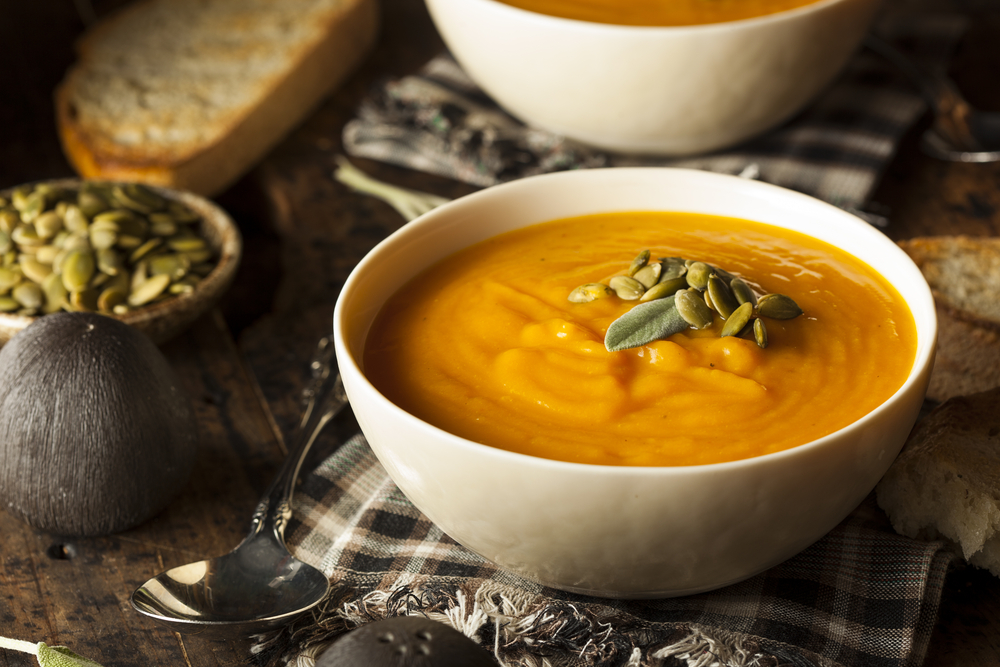



 Not only are Brussels packed full of immune-boosting vitamins and minerals, but they’re also loaded with soluble fibre which is great for gut motility and a healthy gut flora. Take my word for it, Brussels are never going to let your health down!
Not only are Brussels packed full of immune-boosting vitamins and minerals, but they’re also loaded with soluble fibre which is great for gut motility and a healthy gut flora. Take my word for it, Brussels are never going to let your health down! Pomegranates are very high in immune boosting
Pomegranates are very high in immune boosting  Just like onions and garlic, leeks support healthy blood flow and are therefore for the heart. Equally, they are great for efficient liver detoxification, are high in fibre also providing plenty of immune-boosting vitamin C plus
Just like onions and garlic, leeks support healthy blood flow and are therefore for the heart. Equally, they are great for efficient liver detoxification, are high in fibre also providing plenty of immune-boosting vitamin C plus  One of the most exciting health benefits that apples bestow is that they contain a compound called quercetin, which is supportive of the heart. However, research has now found that it’s possibly linked to some of our longevity genes, helping extend lifespan. How exciting!
One of the most exciting health benefits that apples bestow is that they contain a compound called quercetin, which is supportive of the heart. However, research has now found that it’s possibly linked to some of our longevity genes, helping extend lifespan. How exciting! Even better, as part of the same cruciferous vegetable family as Brussels sprouts, kale contains sulphoraphane, which is a powerful antioxidant which helps cancel out free radicals, providing amazing protection for the body. Additionally, sulphoraphane is a powerful anti-inflammatory which will have positive health benefits throughout the body.
Even better, as part of the same cruciferous vegetable family as Brussels sprouts, kale contains sulphoraphane, which is a powerful antioxidant which helps cancel out free radicals, providing amazing protection for the body. Additionally, sulphoraphane is a powerful anti-inflammatory which will have positive health benefits throughout the body.
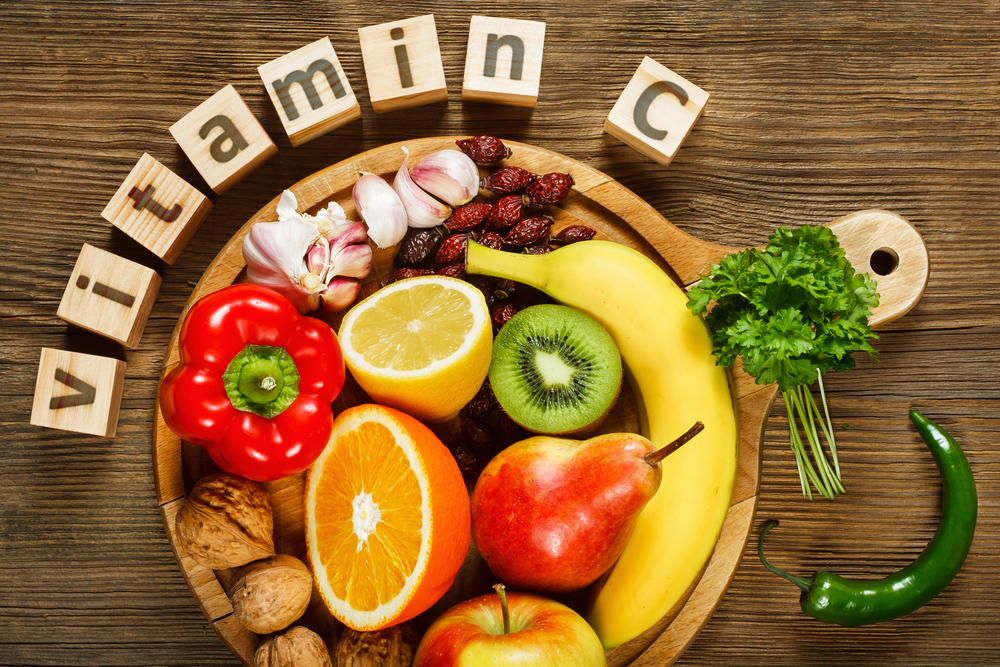
 At this time of year, the richest sources are broccoli, spinach, kale, oranges, tomatoes, peas and kiwi. All root vegetables, which are in season now, are also great sources. Why not prepare some warming soups which include as many veggies as possible; it’s a great and easy way of getting more vitamin C into the body.
At this time of year, the richest sources are broccoli, spinach, kale, oranges, tomatoes, peas and kiwi. All root vegetables, which are in season now, are also great sources. Why not prepare some warming soups which include as many veggies as possible; it’s a great and easy way of getting more vitamin C into the body.